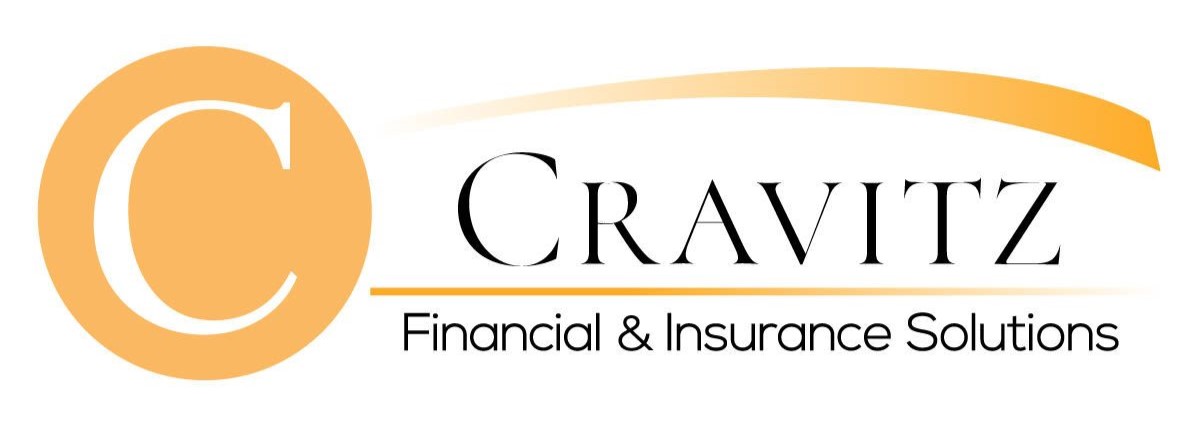"America's IRA expert," Ed Slott, recently told other industry experts that "an IRA is just an IOU to the IRS."
Slott says he doesn't see any benefit to using a traditional IRA right now because tax rates are so low. In this video, @RyanCravitz with @CravitzFinancial explains to @erinkennedy why he agrees that more people need to consider tax-free accounts.
Because we are living in a historically low tax rate environment, it does make sense for most people to consider focusing on contributing to tax-free accounts like Roths.
However, depending on your age and time horizon, investing in tax-deferred accounts could still make sense.
Before deciding which retirement account is best for you, there are many variables to consider.
There is no cookie-cutter answer; if you'd like to learn more about whether contributing to tax-deferred or tax-free accounts make sense for you, please reach out.
Full Transcript:
Erin: Good to see you. I have an important question. Is there any reason to use a traditional IRA right now? I'm asking because America's IRA expert, Ed Slott, I know you know him well, recently told other industry experts that an IRA is just an IOU to the IRS. He says he doesn't see any benefit to using a traditional IRA right now because tax rates are so low. Do you agree?
Ryan: Well, historically speaking, tax rates are low. However, I wouldn't necessarily say that that would be a reason why somebody should or should not contribute to a traditional IRA. If you take, for instance, the person that has done a really good job of saving over the years in pre-tax retirement accounts, perhaps they would want to scale that back, because remember, all that money is going to be taxed in retirement when you go to withdraw that money. And sometimes too much of a good thing is just too much, so you want to have some tax diversification there.
But on the other hand, let's say you have somebody that just hasn't done a great job of saving over the years, maybe a late starter there, and now they're in a position where they're making a good income and they're in a high tax bracket and they can get a nice tax deduction today, it may make sense for them to do that because they may not be in a higher tax bracket in retirement just based upon their particular circumstances and how much they've saved and such.
Erin: So now let's say that you converted all your tax deferred accounts. Theoretically you've lowered your tax bill for the rest of your life.
Ryan: Well, I mean, I guess that's true. The other thing that you have to think about though is, again, sometimes too much of a good thing is too much. I think a good example here is if all your money is coming from a Roth IRA, and then maybe social security, in that situation, certainly on the federal level, you don't have to pay any income taxes whatsoever in retirement. That sounds wonderful.
But you could also have, let's say, a traditional IRA in retirement would draw some money from that on an annual basis and still stay in a position where you're not having to pay any income taxes. Because remember, there is a standard deduction that you're able to take advantage of, so you're able to realize some income and not have to pay taxes. It's important to understand how that works to be able to take advantage of that.
Erin: So how about investing in a brokerage account instead of an IRA? Because at least with a brokerage, there's no debt there, no deal with the government.
Ryan: Yeah. This can make some sense too, because in some situations you don't get a tax deduction for contributing to a traditional IRA. So if you're just going to make that contribution and then you have to pay taxes that ordinary income, you may want to consider instead just diversifying again and contributing in a taxable brokerage account and instead now maybe you'll have capital gains to deal with, but typically capital gains are going to be taxed at a lower rate, at least long-term capital gains, taxed at a lower rate than ordinary income.
Erin: Ed Slott also believes that Congress is purposely making tax deferred accounts less attractive because the government is in desperate need of tax revenue right now. Do you agree with that?
Ryan: I do agree with him on this one because, I mean, I think we've seen this already. It used to be that if you died and you had your son or daughter as the beneficiary of your IRA, that when they inherited it, they could stretch out the distributions over the course of their lifetime. Now, today with the Secure Act and the changes there, now they have to withdraw that money over the course of 10 years, which means that the IRS gets their tax money faster, and it also means they may get the money at a higher tax rate because you'll have to take that money out at a higher amount in order to make sure that you're getting that money out in 10 years. Could boost your kids into a higher tax bracket, and of course, the IRS then is getting even more money. Yeah, on that one, I do agree
Erin: It all comes down to strategic tax planning, Ryan, well said. If somebody has questions about anything we've covered today, what's the best way to reach you?
Ryan: By phone, 714-462-9155, or you can go to the website www.cravitzfinancial.com and go to the contact page.
Erin: All right. Ryan, thank you.
Ryan: Thank you.
